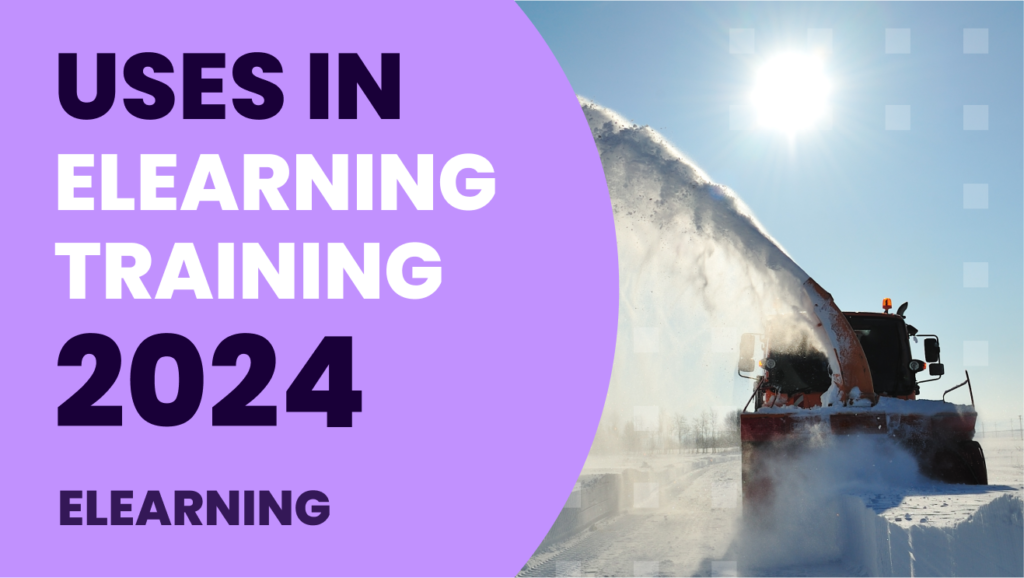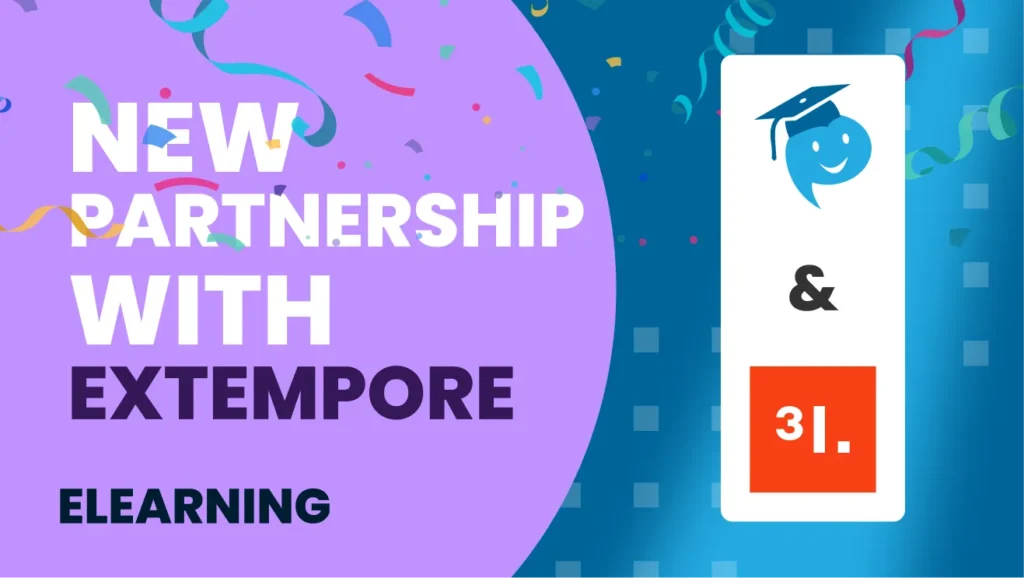E-learning training covers a wide range of applications that go beyond traditional classroom training.
In 2024, it will experience significant expansion and play a crucial role in various fields.
Competency-based learning
Competency-based learning is an educational approach that focuses on the development of specific skills and knowledge that students must acquire to achieve specific goals and objectives. Rather than focusing solely on the accumulation of information, this model focuses on the practical application of skills and the demonstration of specific competencies.
It therefore seeks to prepare students for the challenges of the real world by promoting a more relevant education that is aligned with the current needs of the labor market and society at large. This approach has become increasingly popular in education, both in academic settings and in professional training programs.
Adaptive learning
It is an approach to education that uses technology to personalize the learning experience for each student. By collecting data on individual performance and understanding, the system tailors the presentation of content, activities, and assessments to meet the specific needs of each student.
Maximizing the potential of each student, addressing individual differences, and providing a more personalized and effective educational experience is what this system achieves. This approach has gained popularity in formal educational settings as well as in online learning platforms and corporate training programs.
Virtual Reality and Augmented Reality
Creating immersive experiences by overlaying virtual elements in the real world or fully immersing the user in a simulated environment is certainly hands-on, interactive training with great learner-centric benefits.
Gamification in Education
Incorporating game mechanics into educational environments makes the educational process more engaging, participatory, and effective.
It is a versatile strategy that can be used at different levels and in different disciplines to improve student engagement and academic performance. By harnessing the motivational nature of games, educators can create dynamic and engaging learning environments.

Accessibility and Universal Design
Learning based on accessibility and universal design focuses on creating educational environments that are accessible to all, regardless of individual abilities. Accessibility refers to the removal of barriers that may impede access to education, and universal design seeks to provide inclusive learning experiences from the outset.
The goal is to create virtual environments that recognize and celebrate student diversity, provide equal opportunity, and promote success for all. This model helps build inclusive and equitable educational communities.
Mental health education
E-learning programs that address mental health, wellness and stress management are especially relevant given the growing awareness of mental health.
By offering e-learning training in mental health, you can reach a wider audience and provide opportunities for continuing education and professional development in this important field. Technology allows for expanded access to educational resources, which helps improve understanding and treatment of mental health issues.
You may find this interesting: Benefits of e-learning in healthcare

Online Financial Education
Online financial education is an effective and accessible way to improve understanding of financial principles and promote financial health.
By combining a variety of teaching methods and interactive resources, eLearning can be effective and engaging in financial education. This is especially important given the growing importance of financial literacy in personal economic decision-making and long-term financial planning.
Sustainable Development and Social Responsibility
Through e-learning platforms, participants can explore the basic principles of corporate social responsibility, understand the environmental impact of business activities, and develop strategies to promote sustainable development.
This educational approach not only strengthens individual competencies in ethical and sustainable decision-making but also contributes to building conscious and socially responsible organizations that seek a harmonious balance between economic growth and the preservation of the environment and social well-being.





